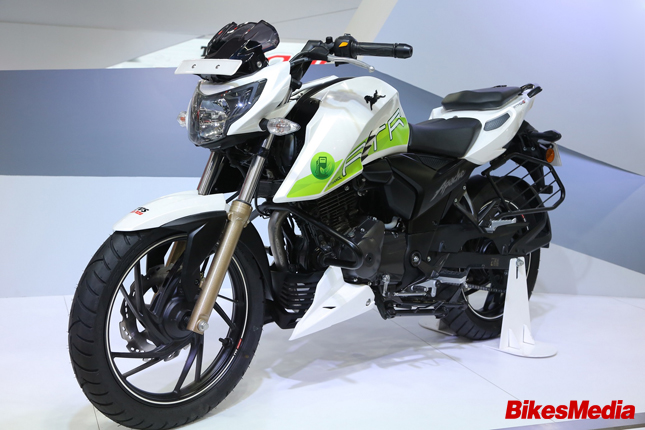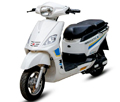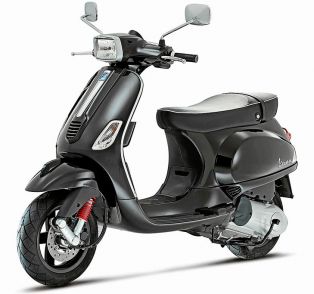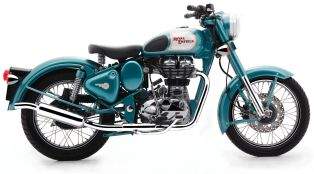 At the Auto Expo 2018, TVS showcased a Flex Engine bike with Flexible Fuel Vehicle (FFV) motor (a bike which can use a varied percentage of petrol and ethanol), the motor shown was E85 Compliant meaning the bike will use a blend of 85% ethanol and 15% gasoline. On one hand, Bio-ethanol can be produced using organic waste, it is the type of production of it which can raise some serious issues. We will talk about the potential impact of setting up E85 (Bio-ethanol blend) as a major source of fuel. We will also see how E85 motors and other gasoline engines differ in fuel economy and emissions.
At the Auto Expo 2018, TVS showcased a Flex Engine bike with Flexible Fuel Vehicle (FFV) motor (a bike which can use a varied percentage of petrol and ethanol), the motor shown was E85 Compliant meaning the bike will use a blend of 85% ethanol and 15% gasoline. On one hand, Bio-ethanol can be produced using organic waste, it is the type of production of it which can raise some serious issues. We will talk about the potential impact of setting up E85 (Bio-ethanol blend) as a major source of fuel. We will also see how E85 motors and other gasoline engines differ in fuel economy and emissions. Ethanol is mainly produced by anaerobic digestion, it is a process in which organic materials like corn, are broken down to produce Glucose. Which in the absence of oxygen goes into fermentation to produce ethanol. The ethanol then further goes through a distillation process to achieve a usable percentage of purity. People tend to associate the term clean energy with Bio-ethanol but the way in which it is manufactured decides how environment-friendly the ethanol is. Ethanol undergoes combustion just like Petrol, the only difference between them is that the former is a renewable source while the latter isn’t.
If the ethanol being produced by using the farm or organic waste which has already been discarded by several industries, then the Bio-ethanol produces from it can be considered as a clean fuel. It is so because we are disposing away a huge chunk of waste while simultaneously generating fuel. In this process, specifically for the purpose of producing Bio-ethanol, we haven’t cut down any trees or used up any nutrients from the soil. Whatever amount of organic material we have is what was left of the Agriculture crop, which is sown every season.
In another case, if the mentioned Bio-ethanol is commercially being produced, by clearing up a forested land area, to grow crops to be specifically used for Bio-ethanol, then it can’t be termed as a clean source of energy. It can be regarded as a renewable source but not as a clean source. It is so because first the land area, which held perfectly mature trees doing photosynthesis, were cut down and replaced with small crops, which will take several lifetimes to replace the amount of CO2 in the atmosphere, which the tree did over its course of life. The only reason, why the earlier method was clean because it utilized an amount of waste which was eventually going to get converted into simple carbons.
Petrol also has an advantage over Ethanol, in terms of Calorific value, which is the amount of heat produced when a certain amount undergoes combustion. So if a Bike gives a fuel economy of 40 km/l using petrol then it’d give roughly 30% less, using an Ethanol engine. Comparatively more amount of ethanol has to be burned to have a similar amount of fuel economy. Although by raising the Octane number of the petrol used in the blend, the fuel economy can be improved, it’d also increase the overall cost.
The engines which run E85 usually have larger diameter fuel injector to pump in more fuel as compared to gasoline engines. The flex engine is designed to chug in more E85 fuel because they have to make the same amount of power using a low calorific value fuel. The "Apache RTR 200 Ethanol" seems to be using a bigger fuel injection as well because the power and torque figures were same as that of it’s petrol variant.
An advantage of Bio-ethanol is the low price at which it’d be available. Setting up an anaerobic digestor is relatively cheap and Alcohol can more easily be refined than the petroleum. All this would make the Bio-ethanol cheaper than petrol.
Bio ethanol is a great renewable resource which can be used extensively in the future but the dedicated commercial method of its production may result in a fatal bump to the already increasing CO2 levels in the atmosphere. However, it’s best to use it as a petrol blend until the much cleaner and efficient “Electric” takes over.
By: Yetnesh Dubey











